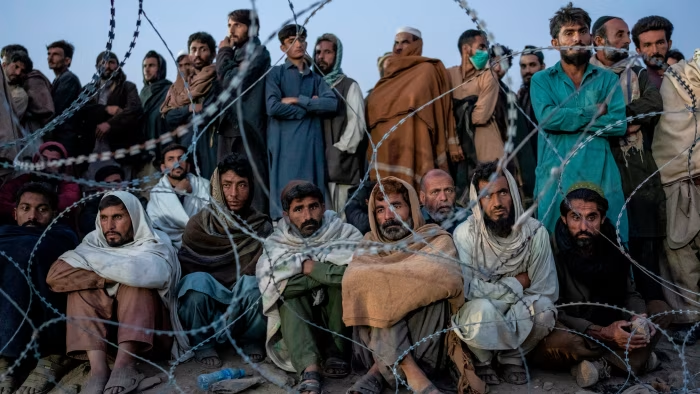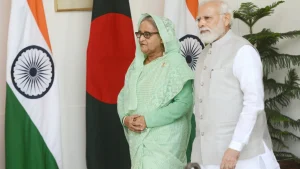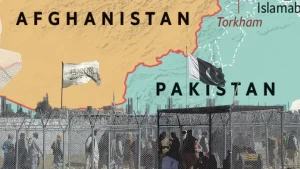The collapse of talks between Islamabad and Kabul in Istanbul marks yet another setback in Pakistan’s pursuit of peace along its western frontier. Despite the mediation of friendly states, the Afghan Taliban’s refusal to offer verifiable assurances against the use of their territory by the Tehrik-e-Taliban Pakistan (TTP) has exposed the limits of Pakistan’s patience and the fragility of its policy of engagement.
For decades, Islamabad maintained open channels with the Taliban, extending political goodwill and humanitarian support—even when few others did. Millions of Afghan refugees were sheltered, and Pakistan stood by Kabul through cycles of conflict. Yet, the Taliban’s unwillingness to restrain the TTP, whose sanctuaries in Afghanistan have bled Pakistan, reflects both ingratitude and strategic defiance.
Pakistani Defence Minister Khawaja Asif’s warning of retaliation underscores rising frustration, but Pakistan must avoid falling into a reactive security posture. Military responses may offer short-term relief, but without a coherent regional strategy, they risk escalation. The Taliban’s growing proximity with India adds another layer of complexity, suggesting a recalibration of alignments in the region.
Pakistan should now anchor its Afghan policy in three principles: deterrence, diplomacy, and diversification. Deterrence must ensure that cross-border terrorism is met with credible consequences. Diplomacy should leverage shared regional interests with China, Russia, and Iran to press Kabul for responsible conduct. And diversification demands reducing Pakistan’s overreliance on the Taliban by engaging Afghan civil society and emerging power structures.
The path forward lies not in confrontation, but in strategic patience rooted in regional consensus and national resilience.
















